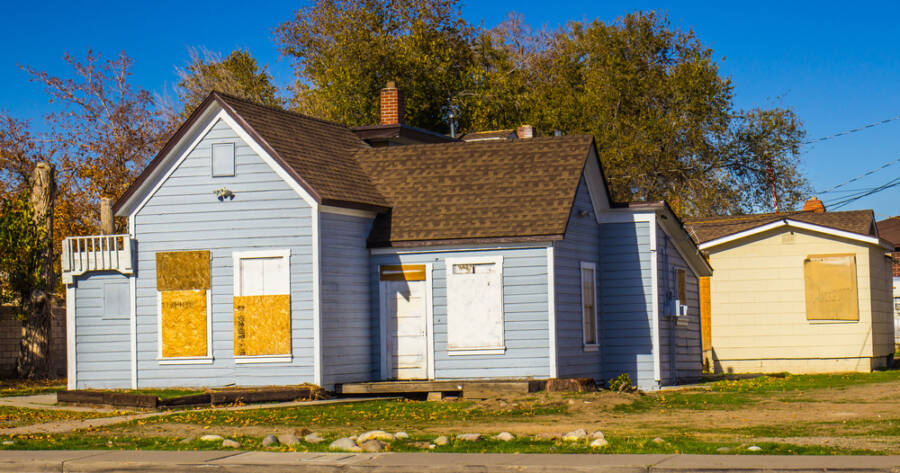Purchasing an abandoned property can be an intriguing opportunity for many. These homes, often left empty and neglected, might offer the chance to own real estate at a lower cost. However, it’s essential to understand both the benefits and challenges before making such an investment. Explore the pros and cons of buying abandoned properties to help you make an informed decision.
What Is an Abandoned Property?
An abandoned property is a home that the owner has left without any intention of returning. This can happen for various reasons, such as financial difficulties or legal issues. Over time, these properties may fall into disrepair, presenting unique opportunities and challenges for potential buyers.
Pros of Buying Abandoned Property
Lower Purchase Price
Abandoned homes are often sold below market value, making them attractive to investors or budget-conscious buyers. This lower cost can provide an affordable entry point into the real estate market.
Investment Potential
With the right renovations, you can increase the property’s value significantly. This opens opportunities to sell the home for a profit or generate rental income. Revitalizing an abandoned property can also contribute positively to the community by improving the neighborhood’s appearance and value.
Less Competition
Many buyers are hesitant to purchase abandoned properties due to the perceived risks and potential renovation costs. This hesitation often leads to less competition, allowing determined buyers to secure properties at favorable prices.
Cons of Buying Abandoned Property
High Renovation Costs
Abandoned properties are typically sold as-is and may have been neglected for extended periods. This neglect can lead to significant structural issues, requiring substantial investment in repairs and renovations. Potential problems include foundation damage, outdated electrical systems, plumbing issues, and roof deterioration. These repairs can be costly and time-consuming.
Legal Complications
Determining the legal status of an abandoned property can be complex. There may be unclear ownership, outstanding liens, or unpaid property taxes. Navigating these legal hurdles requires thorough research and possibly legal assistance, adding to the overall cost and effort involved in the purchase.
Financing Challenges
Securing financing for an abandoned property can be difficult. Lenders may be reluctant to approve mortgages for properties in poor condition due to the risks involved. Buyers might need to explore alternative financing options, such as hard money loans or personal savings, which could come with higher interest rates or financial strain.
Potential for Vandalism and Squatters
Abandoned properties can attract unwanted attention, leading to vandalism or unauthorized occupants. Addressing these issues can incur additional costs and delays. Ensuring the property is secure during the transition period is crucial to prevent further damage or legal complications.
Learn More Today
Buying an abandoned property offers both opportunities and challenges. While the potential for a lower purchase price and investment gains is appealing, it’s crucial to be aware of the possible high renovation costs, legal hurdles, and other risks involved.
Careful research and planning are essential to determine if this type of investment aligns with your goals and resources. That way, you can reap the benefits of your investment while avoiding the pitfalls!

